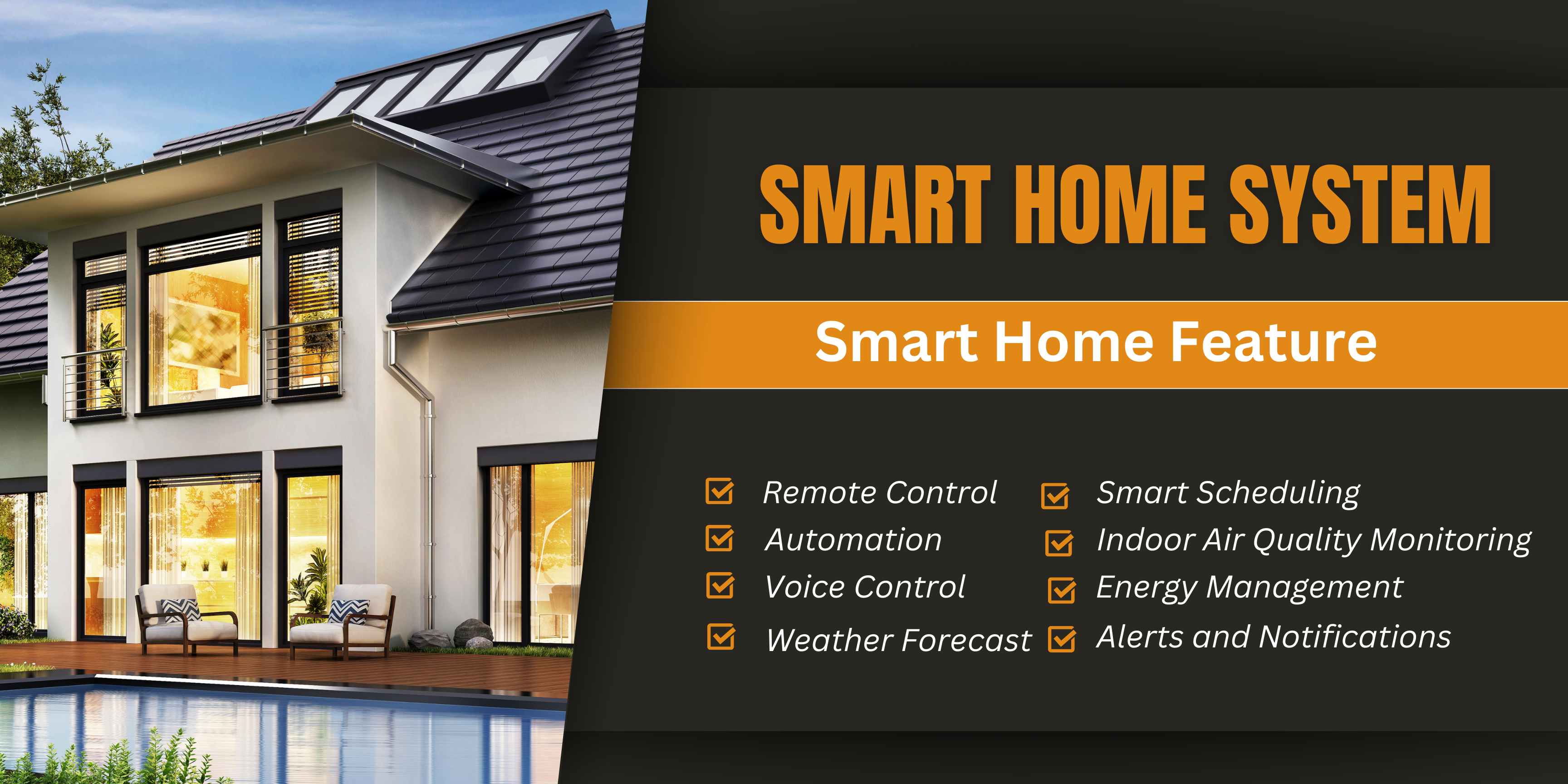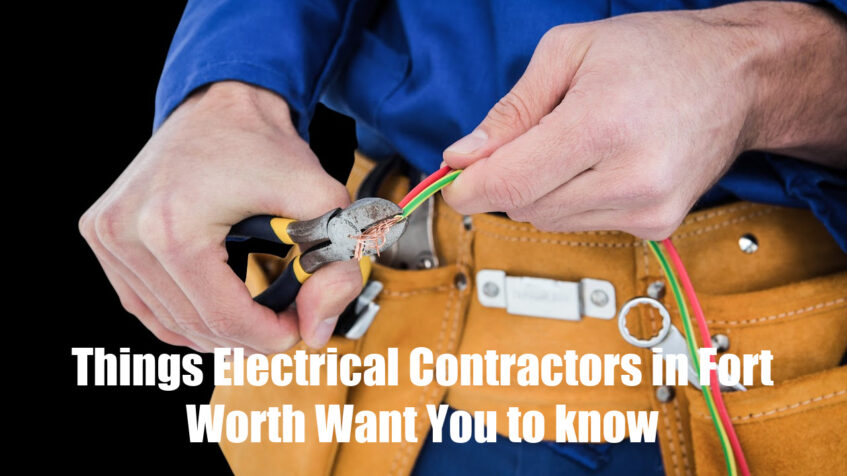Smart home technology is becoming increasingly popular, and its integration with HVAC systems is a great way to control and monitor these systems. Below are a few ways that smart home technology can be integrated with HVAC systems. DFW HVAC specialists can handle the integration for your home or office.
Remote Control
Smart thermostats and other HVAC control devices can be controlled remotely via a smartphone or tablet app, which allows users to adjust the temperature, turn the system on or off, and set schedules from anywhere.
Automation
Innovative home technology can be used to automate HVAC systems so that the temperature and other settings are adjusted based on occupancy, time of day, and other factors.
Energy Management
Innovative home technology can be used to monitor energy usage and adjust HVAC settings to reduce energy consumption and costs.
Indoor Air Quality Monitoring
Innovative home technology can be used to monitor indoor air quality and make adjustments to the HVAC system to improve indoor air quality.
Voice Control
Innovative home technology can be integrated with voice control devices such as Amazon Alexa, Google Assistant, Apple Homekit, and other smart speakers, allowing users to adjust HVAC settings using voice commands.
Smart Scheduling
Innovative home technology can be integrated with HVAC systems to create a schedule that automatically adjusts the temperature, such as lowering it when no one is home or raising it when someone is returning home.
Weather Forecast
Innovative home technology can integrate with weather forecasting services and adjust HVAC settings accordingly in anticipation of temperature changes.
Alerts and Notifications
Innovative home technology can be integrated with HVAC systems to send alerts and notifications when something is not working correctly or when maintenance is needed.
Users can enjoy improved control, monitoring, and energy efficiency by integrating innovative home technology with HVAC systems. This integration can help you save money on energy bills and make sure you have a comfortable home. However, all the benefits can only be possible if the integration is done by DFW HVAC integration specialists or other highly experienced HVAC experts. You can contact us for a free quote now.
How to Integrate Your Smart Home Technology with HVAC
Depending on the specific products and technologies involved, there are a few different ways to integrate an innovative home system with an HVAC (heating, ventilation, and air conditioning) system. Here are a few examples.
Use a smart thermostat: Many smart thermostats can be integrated with innovative platforms like Amazon, Alexa, or Google Home. Allowing you to control your HVAC system using voice commands.
Connect to a smart home hub: In some cases, HVAC systems can be controlled using a smartphone application or through integration with other smart devices, using a smart home hub such as Samsung SmartThings or Apple HomeKit.
Use an Intelligent home app: Many HVAC manufacturers offer smart home apps that can be used to control their products. These apps may also be able to integrate with other smart devices in your home.
Use a 3rd party Integrator: Certain 3rd party integrators can connect any HVAC system with your smart home and give you complete control over your system.
It’s important to note that the options available depend on the model and brand of your HVAC system and smart home devices. The best way to determine how to integrate your specific HVAC system with your smart home is to consult the manufacturer’s documentation or contact the manufacturer for guidance or Blessed Electric and Air specialists for assistance.


